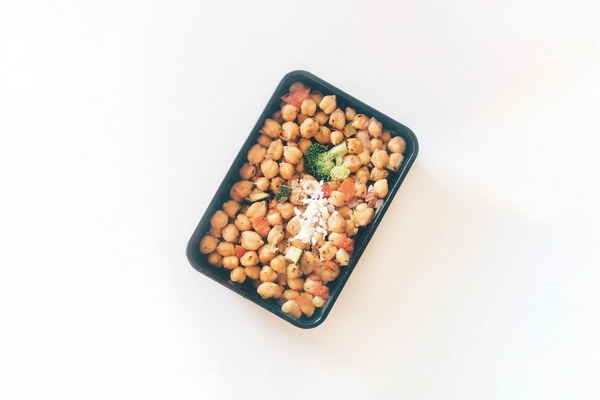The Right Time for Postpartum Nutrition A Guide for New Mothers
Introduction:
After the joyous experience of giving birth, new mothers often find themselves overwhelmed with the task of taking care of their baby while also recovering from the physical demands of childbirth. One of the most frequently asked questions among new mothers is: When is the right time to start consuming nutritional supplements during the postpartum period? This article aims to provide a comprehensive guide on the appropriate timing and types of postpartum nutrition to ensure both mother and baby's health and well-being.
Section 1: The Importance of Postpartum Nutrition
The postpartum period is a critical time for a new mother's recovery. During this period, the body undergoes significant changes as it adapts to its new role. Adequate nutrition is essential for the following reasons:
1. Recovery: Proper nutrition can help the body heal faster, reduce postpartum complications, and promote overall well-being.
2. Breastfeeding: A well-nourished mother is more likely to produce adequate breast milk for her baby.
3. Energy: Postpartum fatigue is common, and a balanced diet can provide the energy needed to manage daily tasks and care for the newborn.
Section 2: Timing of Postpartum Nutrition
The right time to start consuming nutritional supplements during the postpartum period can vary from one mother to another. However, a general guideline is to begin incorporating nutritional supplements within the first few weeks after giving birth.
1. Immediate Postpartum Period: Some mothers may opt to start with a gentle, postpartum diet rich in fruits, vegetables, lean proteins, and whole grains. This helps the body adjust to the changes occurring after childbirth.
2. 1-2 Weeks Postpartum: At this stage, the body is still recovering, and the focus should be on healing and replenishing nutrients. Introduce nutritional supplements like iron, calcium, and vitamin D to support the mother's recovery.
3. 3-4 Weeks Postpartum: By this time, the mother's body should be in better shape to handle more substantial nutritional supplements. Focus on a balanced diet that includes omega-3 fatty acids, probiotics, and antioxidants to support immune function and promote overall health.
Section 3: Types of Postpartum Nutrition
A well-rounded postpartum diet should include a variety of nutrients to support the mother's recovery and breastfeeding journey. Here are some essential nutrients to consider:
1. Protein: Essential for tissue repair and production of breast milk. Sources include lean meats, fish, eggs, dairy, legumes, and nuts.
2. Iron: Important for preventing anemia and supporting the mother's energy levels. Rich sources include lean red meat, poultry, fish, beans, lentils, and fortified cereals.
3. Calcium: Necessary for bone health and the production of breast milk. Good sources include dairy products, leafy greens, and fortified foods.
4. Vitamin D: Important for calcium absorption and overall bone health. Sources include sunlight exposure, fatty fish, and fortified foods.

5. Omega-3 Fatty Acids: Beneficial for brain development and reducing inflammation. Sources include fatty fish, flaxseeds, chia seeds, and walnuts.
6. Probiotics: Important for gut health and immune function. Sources include yogurt, kefir, and fermented foods.
7. Antioxidants: Protect the body from oxidative stress and support overall health. Sources include fruits, vegetables, nuts, and seeds.
Conclusion:
The right time to start consuming nutritional supplements during the postpartum period is within the first few weeks after giving birth. A balanced diet rich in essential nutrients can help the body recover, support breastfeeding, and promote overall health and well-being. Consult with a healthcare provider for personalized advice and ensure you are meeting the nutritional needs of both you and your baby during this critical period.









